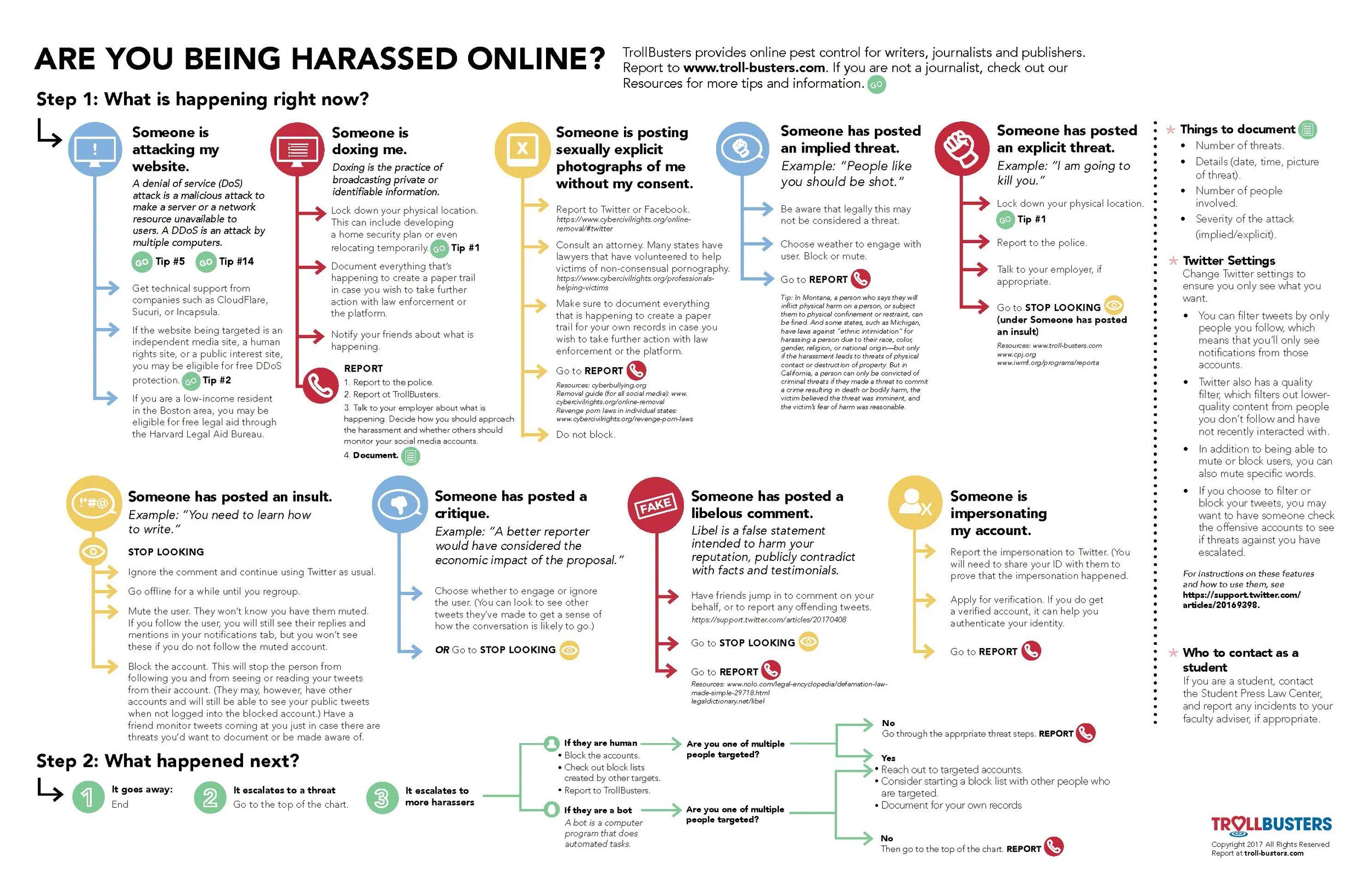Online Harassment and Doxxing Response
“A thing to keep in mind is that other people behaving poorly and crossing lines is *not* your fault. You cannot control the actions of others, only your own, and no action should result in widespread harassment. What we are talking about is not being subject to mere criticism, but having your personal boundaries violated or your safety and well-being threatened in a credible and tangible manner. Everyone has a right to be online without having to experience this.”
Grand Canyon Synod partners from the Safe Communities Coalition provided this helpful resource (slide deck from 08/22) by the Digital Defense Fund for responding to online harassment and doxxing.
Download for tips on the following topics:
Doxxing & Harassment Response Steps
Suggestions or physical saety
Documenting before deleting comments
Instructions on collecting evidence
Delegating message management
Enlisting help from friends, family and allies
Blocking and reporting a harasser
Contacting a lawyer
Trusting your gut

